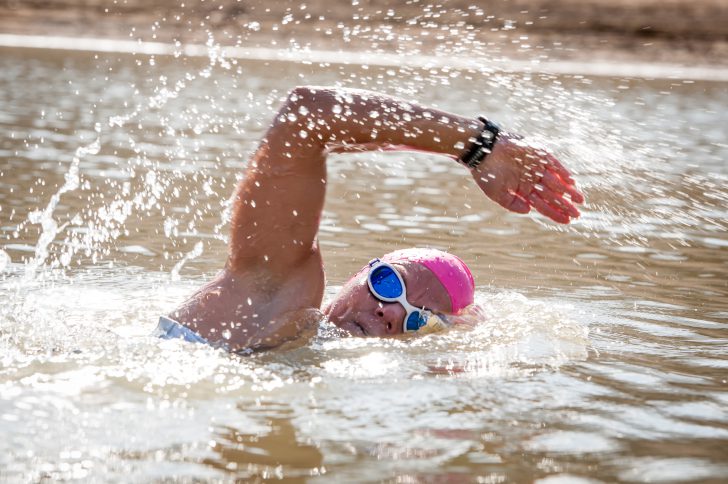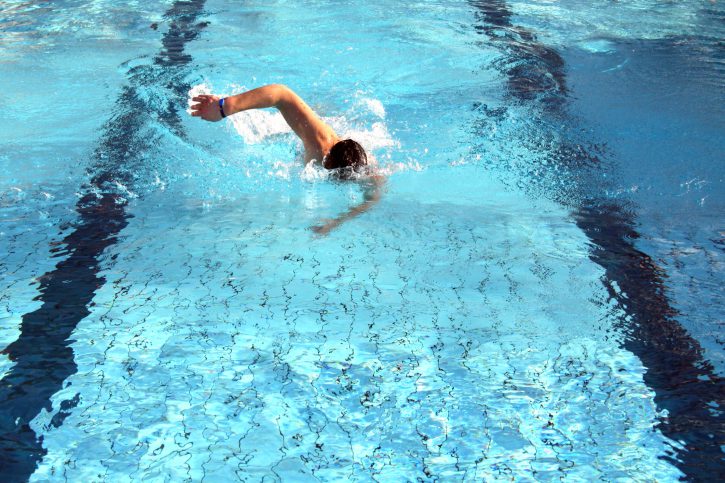Goal Setting for the New Year

The New Year is upon us and soon too is another race season. After taking some time to rest, recover and hopefully reflect on the season that was, it’s time to once again look ahead to the next year and season of training.
Before you begin though, you’ll want to consider, set and commit to some training-related goals.
Goal setting is a task and skill that most triathletes are familiar with. Whether you want to go faster, farther or simply enjoy your sport more, having goals to work towards is essential for success.
If nothing else, the act of setting and committing to some goals is important. Setting goals provides direction, drive and hopefully the determination to see them through.
Goals can vary from short-term — what you do today, this week, this month — to those to be achieved over a much longer period — this training season, this year, the next five years. They can be training-specific (“I will run four times this week; ride 200 km this week; swim more”) to not training-related at all (“I will eat more leafy green vegetables; do a meditation class once a week; get 7+ hours of sleep every night”). Goals often refer to a desired outcome or performance (“I will qualify for Worlds;” “I will do an Ironman”) but can also be about the process (“I will do more intervals;” “I will swim on Tuesday and Thursday as well as both days on the weekend”).
Because of the limitless nature of goals, even those related to sport, it’s necessary to be as specific as possible, ensure the goal is realistic and attainable and also have a timeline in place for how the goal will be measured and met.
 Setting and achieving smaller, short-term goals that in some way contribute to larger, longer-term ones is good for building momentum and provides important continued motivation. For example, small changes to your diet and snacking habits may contribute to a lower body weight which then allows for better speed workouts and ultimately leads to a new distance PB.
Setting and achieving smaller, short-term goals that in some way contribute to larger, longer-term ones is good for building momentum and provides important continued motivation. For example, small changes to your diet and snacking habits may contribute to a lower body weight which then allows for better speed workouts and ultimately leads to a new distance PB.
Don’t be afraid to abandon some goals and modify others, especially when they are not achieving the desired effect. You should always be asking “What is the purpose of this goal? Is it helping me achieve my long-term goals?” As long as you are moving in the right direction and having fun along the way, you are probably on the right path.

